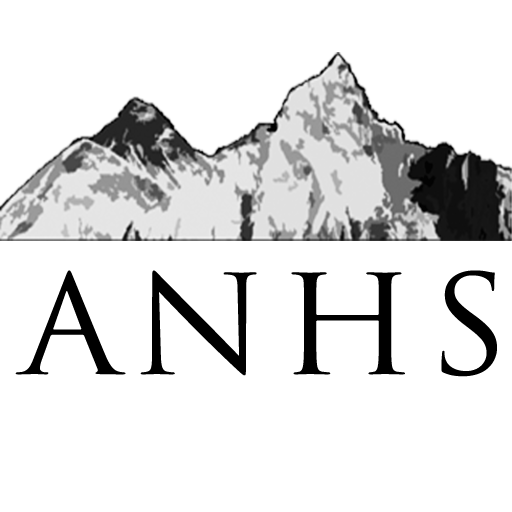Menu
Log in
THE Association for nepal |
© 2025 Association for Nepal and Himalayan Studies (ANHS). All rights reserved.
Powered by Wild Apricot Membership Software
THE Association for nepal |
© 2025 Association for Nepal and Himalayan Studies (ANHS). All rights reserved.
